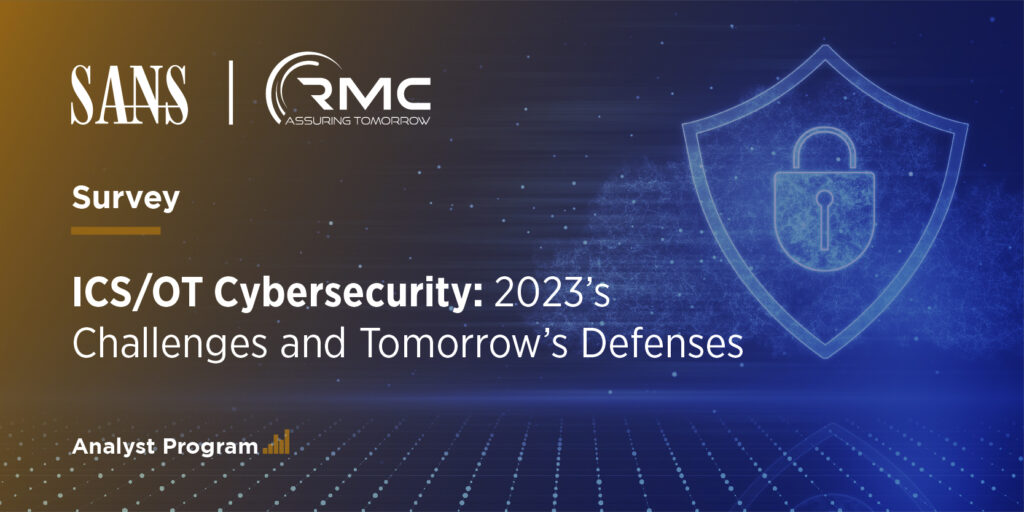RMC Announces Sponsorship of the SANS Institute’s 2023 ICS/OT Cybersecurity Survey

ARLINGTON, Va., April 24, 2023 – RMC, the leader in Risk Management, Industrial Cybersecurity, and Mission Assurance services is a proud sponsor of the SANS Institute’s 2023 ICS/OT Cybersecurity Survey. As a leading provider of ICS/OT cybersecurity services, we recognize the importance of understanding the evolving threat landscape to provide the best possible services to our commercial and federal clients.
The survey is now open for responses and we encourage all ICS/OT security practitioners to provide your valuable input. Your participation is critical to help the community better understand the ever-changing ICS threat landscape and explore how critical infrastructure defenders across all sectors are constantly adapting to address new challenges and threats.
The SANS Institute has a long-standing reputation for excellence in cybersecurity research and education, and their annual survey provides valuable insights into the state of ICS/OT cybersecurity. The results of the survey will help organizations, governments, and security providers understand the current risks facing critical infrastructure and make informed decisions about how to mitigate them.
As a sponsor of this important initiative, RMC is committed to promoting awareness of the survey and encouraging participation from all corners of the industry. By working together, we can help to Assure Tomorrow for critical infrastructure and the communities it serves.
Best regards,
Vince Kuchar
CEO, RMC Global

